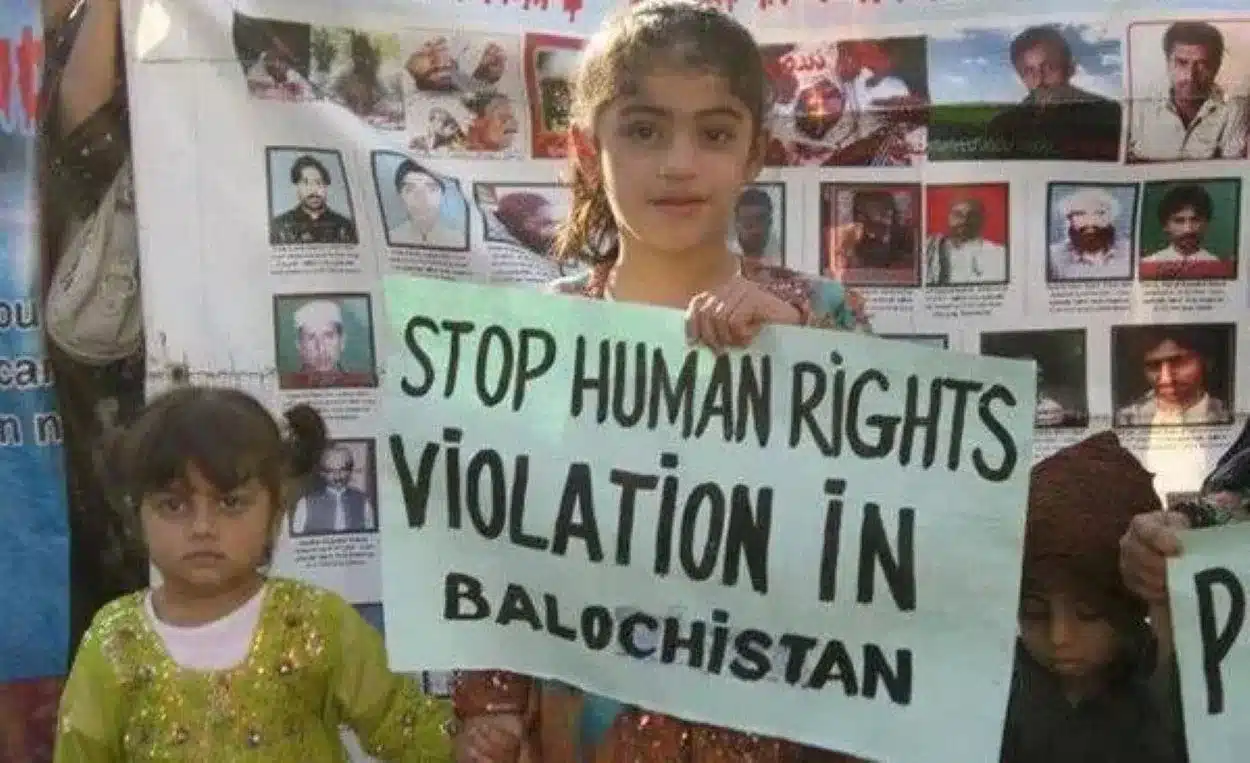The Human Rights Commission of Pakistan (HRCP) has expressed grave concern over the escalating public discontent in Balochistan regarding forced disappearances, economic marginalization, restrictions on press freedom, mismanagement, and allegations of political manipulation by authorities.
In October 2022, an HRCP fact-finding mission, including senior journalists and human rights advocates, interviewed various civil society members in Gwadar, Turbat, Panjgur, and Quetta. The team observed a strong resentment among the people, who often referred to Balochistan as a ‘colony’ of the state.
The mission is troubled by the government’s use of enforced disappearances to suppress dissent; a grievance echoed in numerous conversations. Citizens also reported a climate of fear due to the extensive presence of paramilitary check-posts, particularly in the Makran region.
Furthermore, Balochistan, a resource-rich province, has been denied its fair share of revenues from major development projects amidst a severe economic downturn. The lack of a robust legal trading environment with neighboring countries has intensified poverty levels in the province.
The mission recommends ending unwarranted interference in Balochistan’s political affairs, holding those responsible for enforced disappearances accountable, and passing legislation to safeguard the security and independence of the province’s media professionals. Additionally, the mission emphasizes the need to address the long-standing demands of the Haq Do Tehreek movement for basic amenities, ensure CPEC projects do not harm the Gwadar fisherfolk community’s livelihood, and provide fair representation for the Pashtun population in the provincial legislature.
The mission also highlights the need for a consistent and empowered local government to develop early warning systems, evacuation plans, and community sanctuaries with emergency supplies in collaboration with the PDMA in light of the devastating floods in Balochistan.






